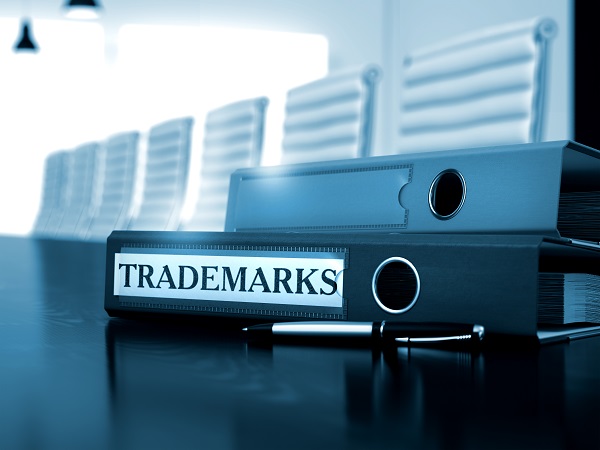
The U.S. Supreme Court has chosen to review the constitutionality of a federal law that denies First Amendment protection to particular trademarks. The case, which will likely be influential in the outcome of an analogous case involving the Washington Redskins football team, ultimately challenges the provision under the Lanham Act that bans federal registration of trademarks that are disparaging towards certain institutions or groups, among other categories.
The case at the center of the controversy involves a request by the Asian-American rock band called the Slants for trademark protection by the Patent and Trademark Office (PTO). The PTO denied trademark registration to the band under the federal law that prohibits registration of trademarks that are found to be disparaging to particular groups or belief systems. On appeal, a federal court declared that this aspect of the law was unconstitutional since the First Amendment protects many forms of speech, even speech that is hurtful or damaging to marginalized communities. The government has maintained that the law does not preclude free speech and violate the Constitution, as the band is free to continue to use its name. Rather, it simply declines to extend federal protections to this form of speech for the benefit of private activity.
The reasoning of the appellate court conforms to several recent decisions by the Supreme Court in reviewing free speech related cases. The U.S. Supreme Court has concluded that laws that ban speech based on the “communicative content” of the speech are unconstitutional. This is evidenced by several decisions protecting First Amendment speech featuring hateful content, including protests at military funerals and images of animal cruelty.
The band has supported the Supreme Court’s review of the matter on the theory that the speech is constitutionally protected under the First Amendment and that the federal law is vague for the purposes of assessing its constitutionality. Furthermore, the decisions by the PTO as to whom to grant protection have been inconsistent; certain seemingly “offensive” names have received trademark protection while others have been denied on the grounds that the speech is disparaging.
Contact Shane Coons at 949-333-0900 or visit his website at www.ShaneCoonsLaw.com to find out more about his practice.
